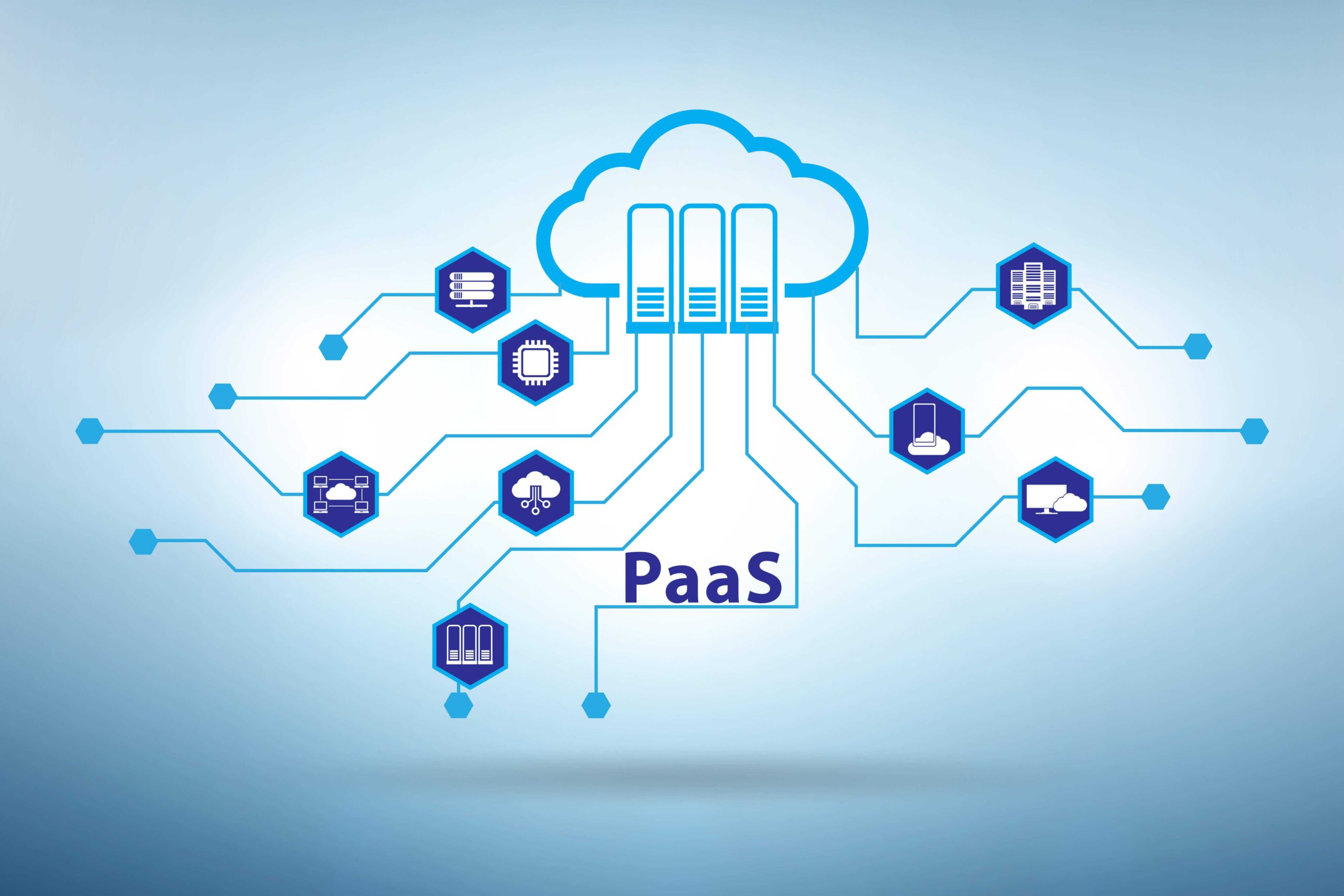What is a Payments-as-a-Service (PaaS)?
Payments-as-a-Service refers to a cloud-based payment processing model that allows businesses to outsource their entire payment ecosystem to a third-party provider. By integrating PaaS into their systems, businesses can access a suite of payment services that handle things like payment processing, security, compliance and customer data management. This approach also simplifies the overall payment process, allowing businesses to focus on their core competencies while leaving specialized service providers to deal with the nitty-gritty of anything payments-related.
If that’s difficult to digest, think of Sarah, an ambitious entrepreneur who runs an online clothing boutique. As Sarah’s customer base grows, handling payments and large amounts of money becomes complex. So, she decides to simplify things by choosing a PaaS from a reputable service provider. She integrates PaaS into her website with just a few clicks, and her customers can now easily buy their favourite items hassle-free. For Sarah, the provider’s PaaS securely handles all things payments-related (credit cards, digital wallets, etc.) on her website, enabling her to focus on other areas of her business.
How Payments-as-a-Service works
Although PaaS doesn’t replace your business’ entire IT infrastructure, it offers a number of useful services that your business should absolutely make use of. PwC breaks down PaaS offerings into two separate models and subsections under each category:
Product technology management
● Issuing switch
● Acquiring switch
● Regulatory implementations
● Operations
● Reconciliation and settlement
● Dispute management
● Transaction monitoring
● Merchant acquiring support
● Customer complaint management
● Analytics and statistics
● User management security
Types of PaaS
● Like SaaS, PaaS is available in various types:
● Public PaaS
● Private PaaS
● Hybrid PaaS
● Mobile PaaS (mPaaS)
● Communication PaaS (CPaaS)
● Integration platform as a service (iPaaS)
● Benefits of Payments-as-a-Service
Increased cash flow
By streamlining the payments process, PaaS can significantly improve and increase your cash flow. With fast and secure payments processing, you’ll receive payments from customers more quickly. With additional features like recurring billing for subscription-based businesses, you can also automate payment collection.
Time and cost savings
Manually keeping track of your business’ finances can be a real headache, and forget about complex and time-consuming payment processing systems. Typically, full-stack Payments-as-a-Service offers pre-built payment infrastructure, solutions and APIs, reducing the development time and associated costs. Providers tend to operate on a subscription-based or pay-as-you-go model, too. This offers businesses the flexibility to choose a plan that suits their unique needs. All you have to do is integrate it into your business and let it do its work.
Improved security
Reduce the risk of data breaches and fraudulent activities by investing in a PaaS provider that has implemented ISO 27001 and PCI-DSS compliance. Reliable PaaS providers will have advanced security measures and fraud detection systems in place to safeguard your payment transactions and financial data.
Low maintenance
Since PaaS platforms run in the cloud, there’s little to no software maintenance. Your service provider will manage all aspects of the system, from security updates and compliance requirements to maintaining the payment infrastructure and system upgrades.

